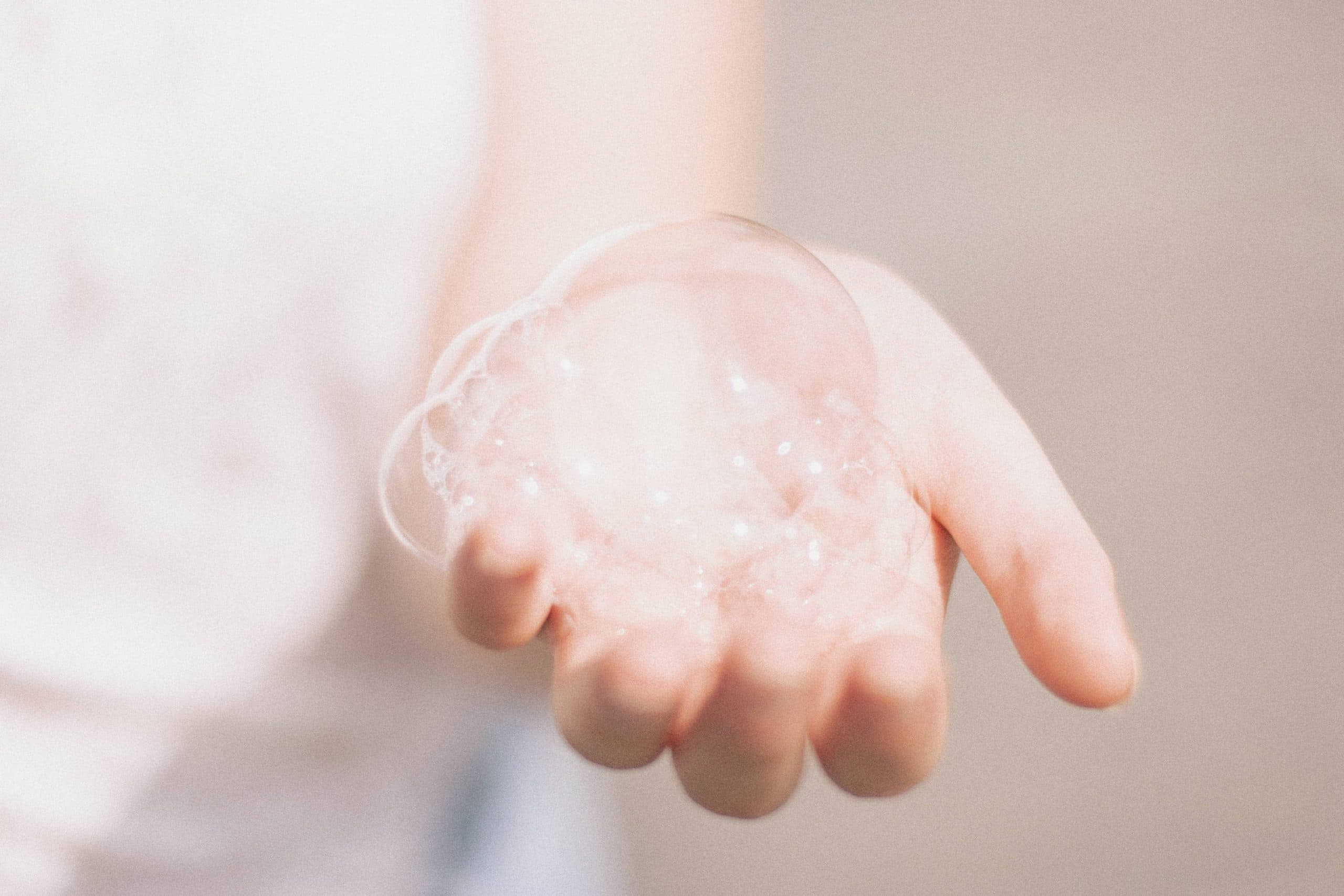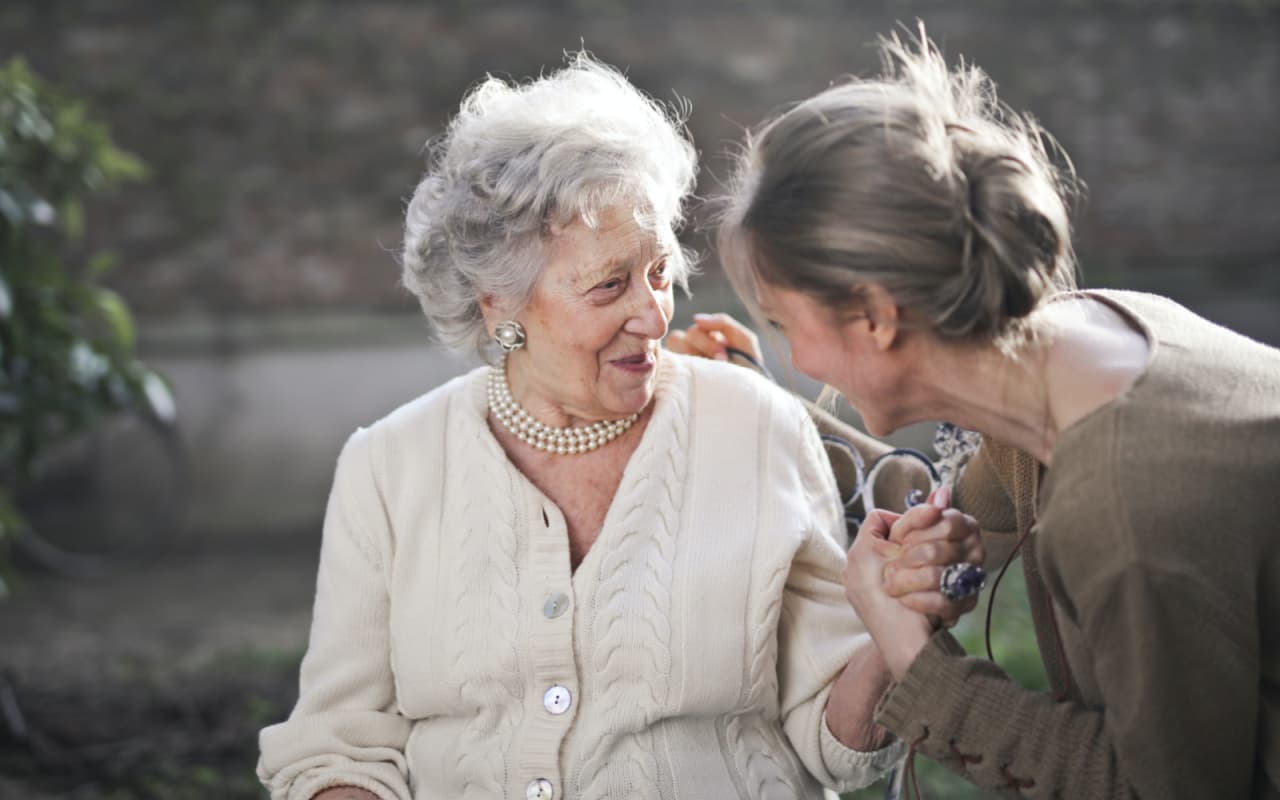Hygiene, Health, and Incontinence
Written by Jessie on Wed Jul 23 2025.

Living with incontinence can be inconvenient and even embarrassing at times, but it's crucial to talk openly about how it affects your health. Even minor leaks can trap urine against the skin, leading to irritation and infection. To help you stay healthy and comfortable, here are Carewell’s top six tips.
1. Wash your hands before using the bathroom
We all know to wash our hands after a trip to the bathroom, but it's just as important to do so beforehand if you experience incontinence. Think about everything you touch throughout the day; bacteria can easily transfer to an already sensitive and infection-prone area when you're wiping, washing, or changing. Taking this simple precaution can make a big difference.
2. Change incontinence products frequently
Most people with incontinence use some form of protection, from bladder control pads to overnight adult diapers. Whatever product you prefer, changing it often is key to preventing moisture buildup and irritation. Also, make sure to choose products specifically designed to wick moisture away to keep you drier between changes.
3. Use specially formulated cleansers
Using plain soap and water can sometimes do more harm than good by drying out and irritating sensitive skin. Instead, opt for cleansers specifically designed for incontinence care. These products usually contain moisturizers and are pH-balanced to reduce irritation. Plus, many come in convenient wipe packages for easy and discreet use.
4. Clean and dry the affected area after an accident
If you have a bladder accident, it's essential to change your pad and underwear as soon as possible. But don't stop there. Be sure to gently wash and thoroughly dry the affected area. This removes bacteria and helps prevent further skin irritation and potential infection.
5. Keep protective creams and ointments on hand
Diaper rash cream isn’t just for babies! These creams are specially formulated to create a protective barrier and soothe sensitive skin. If you're prone to rashes, incontinence-associated dermatitis, or infections, consider using a protective ointment as an added layer of defense against irritation.
6. Talk to your doctor
Incontinence is a very manageable condition. If you're struggling more than you think you should be, don't hesitate to discuss it with your doctor. They can provide professional advice and guidance on how to minimize your symptoms and help prevent accidents from happening in the first place.
Prioritizing your personal hygiene is a vital part of managing incontinence. By putting these tips into practice, you can stay clean, dry, confident, and, most importantly, healthy!
Other Articles You May Like

Smooth as Silk: Skincare Tips to Keep Immobile Adults Rash and Infection-Free
If you care for someone who’s immobilized, it’s important to regularly monitor and protect their skin. Prolonged periods of sitting or lying down increase the risk of bed sores and irritation, which if left untreated, can lead to skin, blood, or bone infections.
Read More >
Carewell’s Essential Checklist for Urinary Incontinence Care
Urinary incontinence affects more than 25 million Americans. To help, we created a free checklist download for urinary incontinence care.
Medically Reviewed by Kiera Powell, R.N.